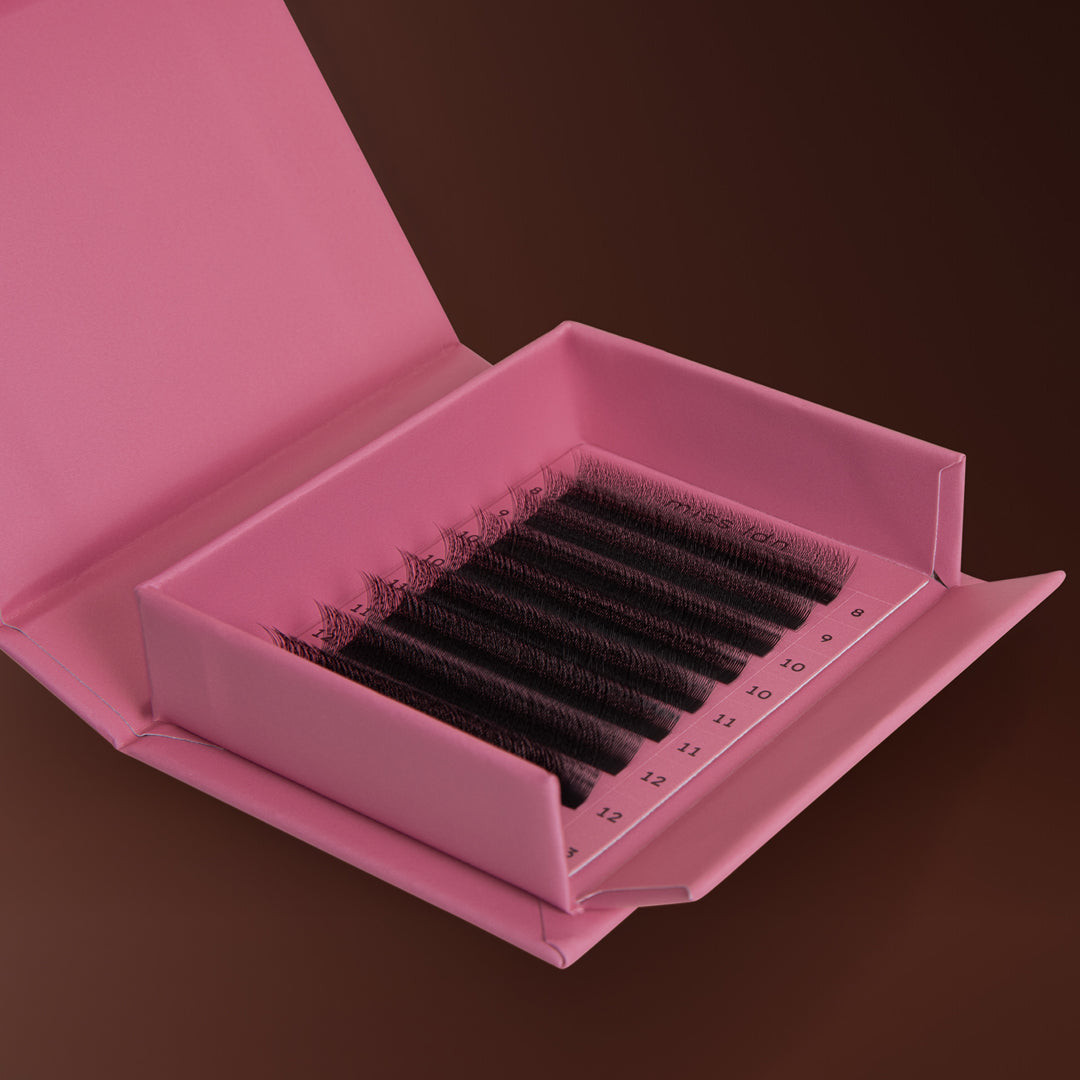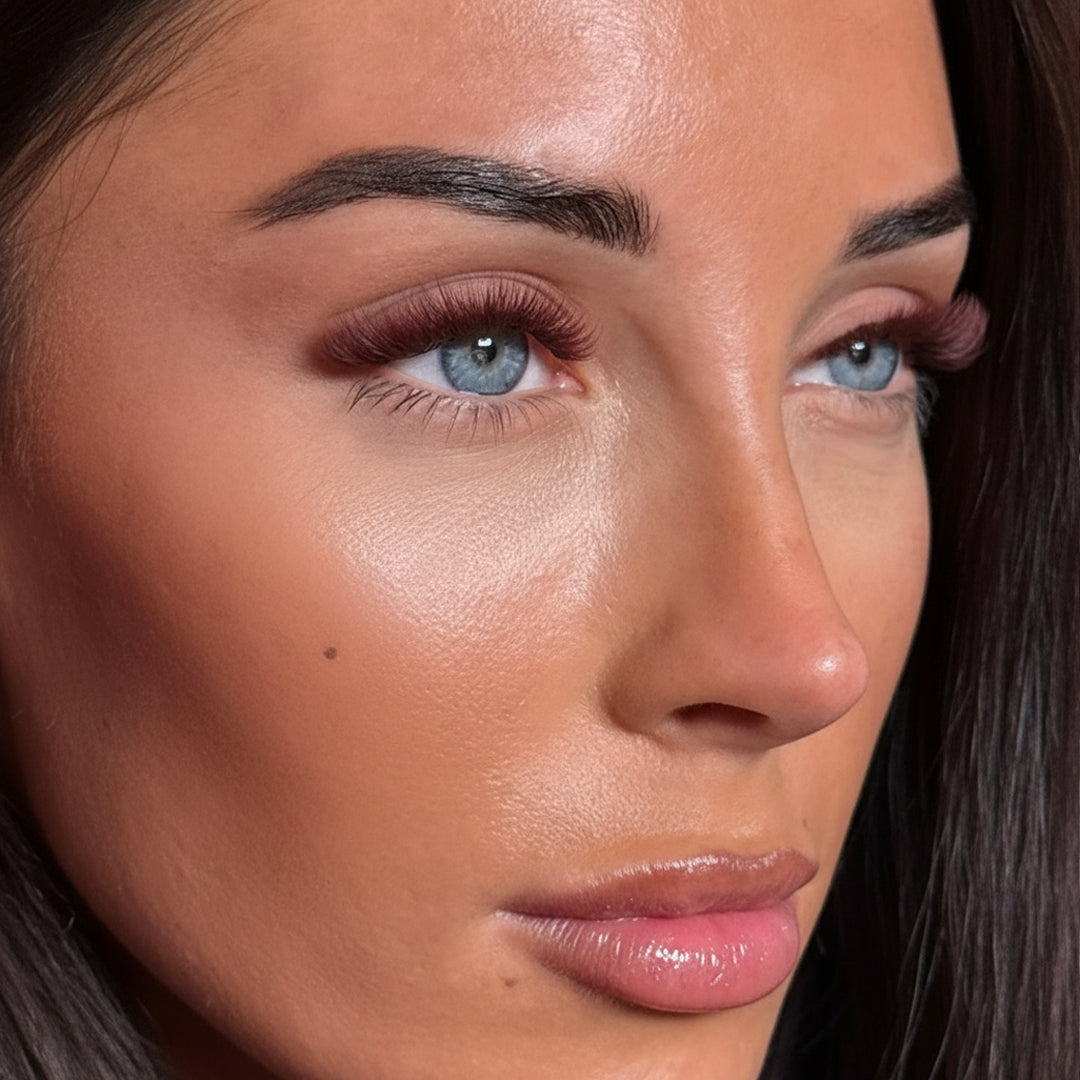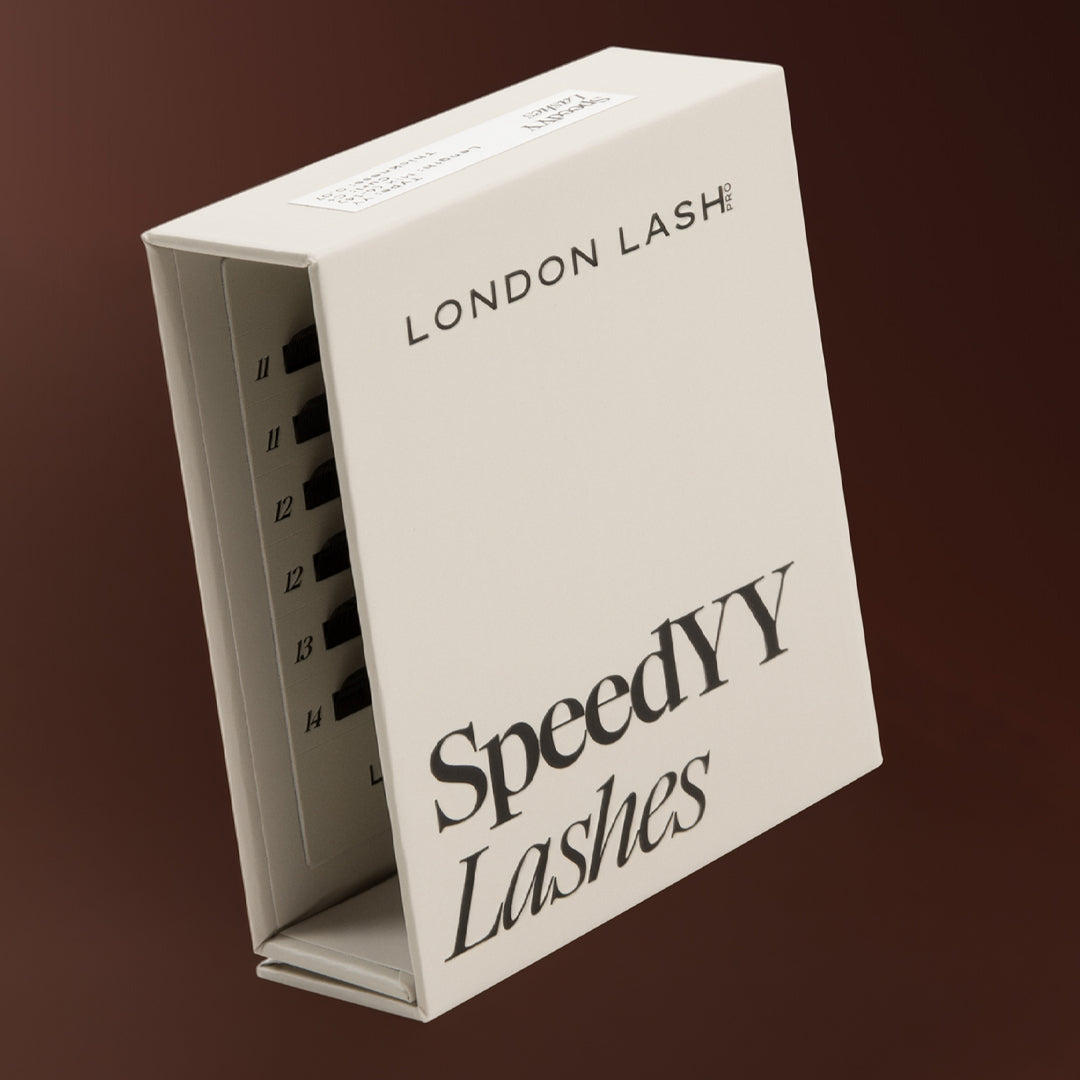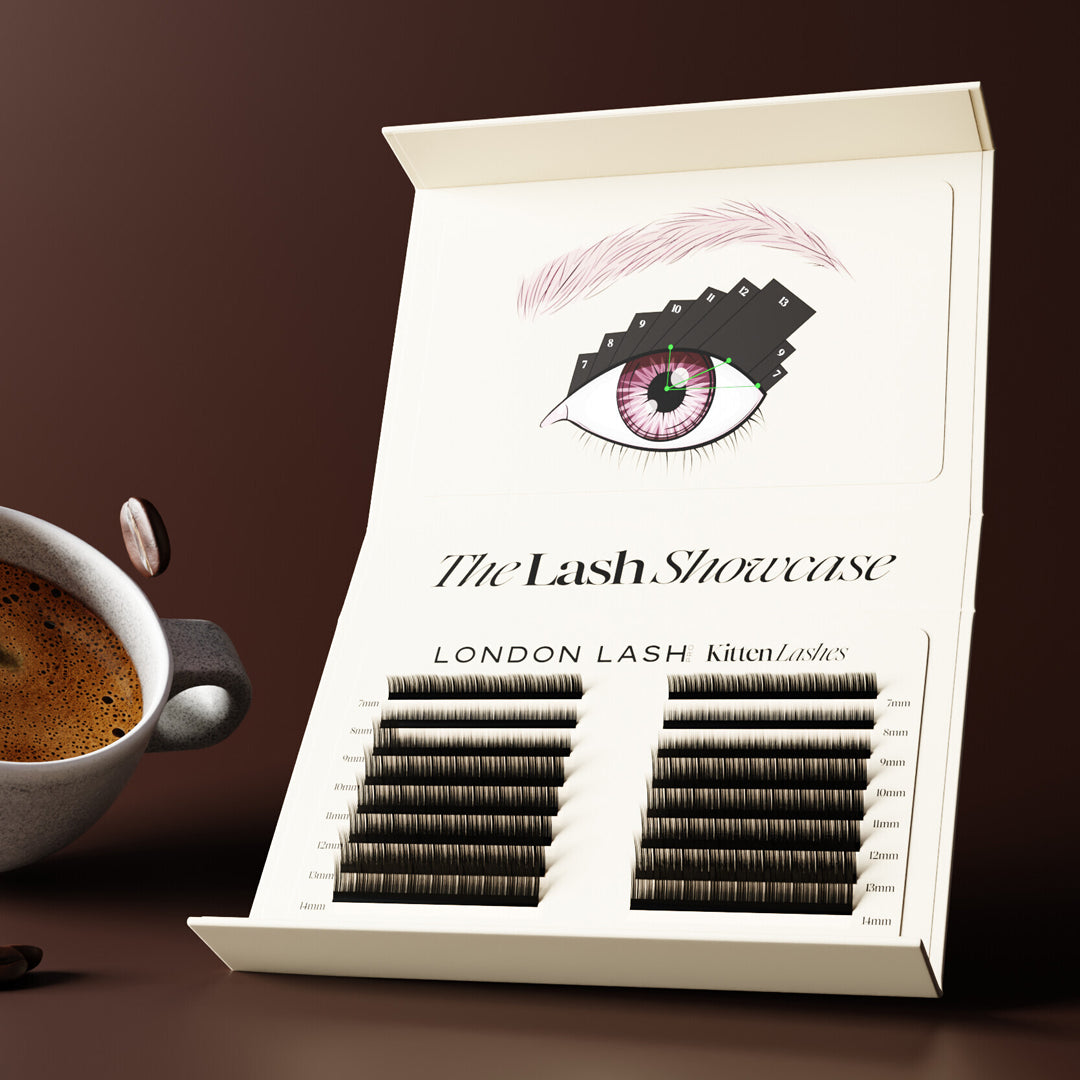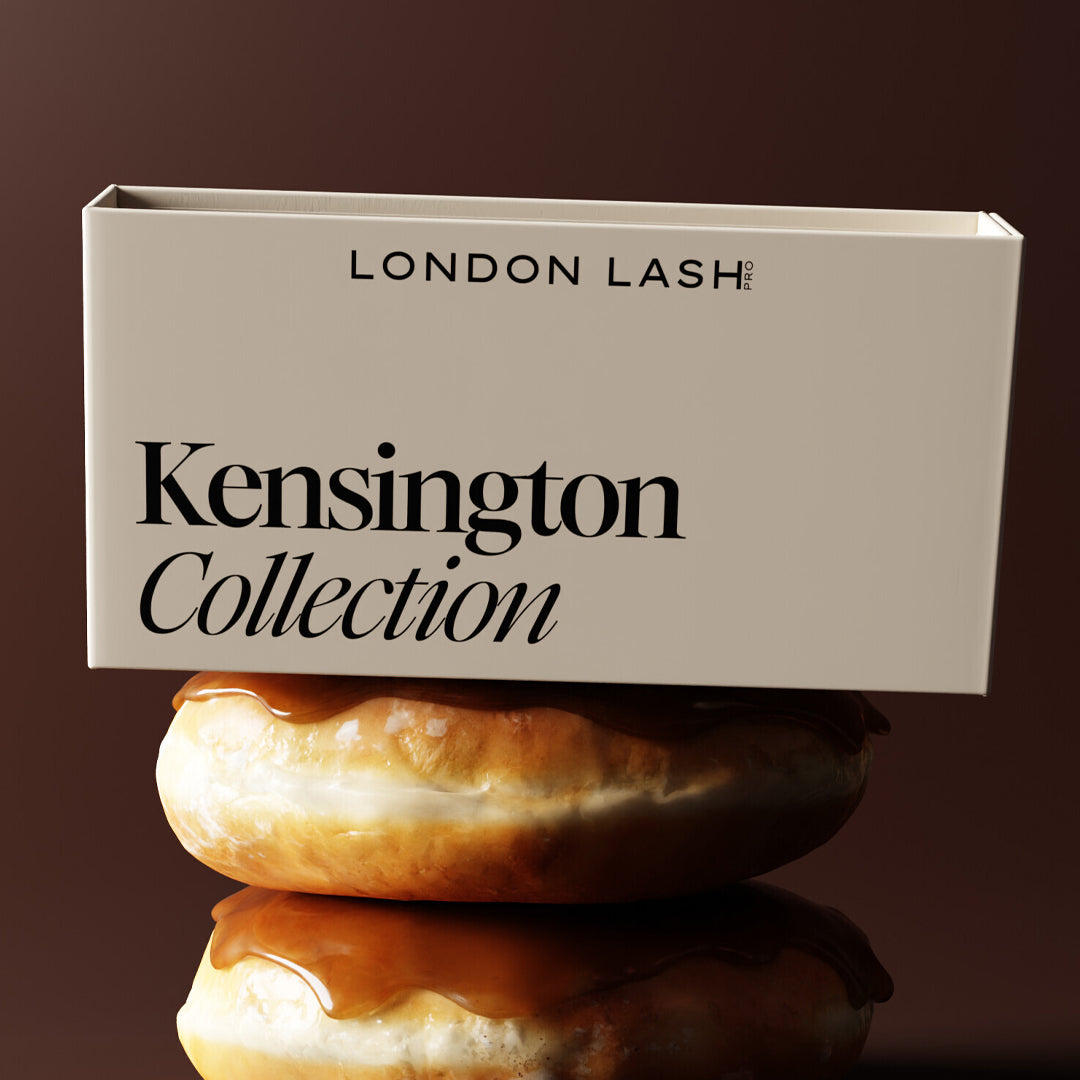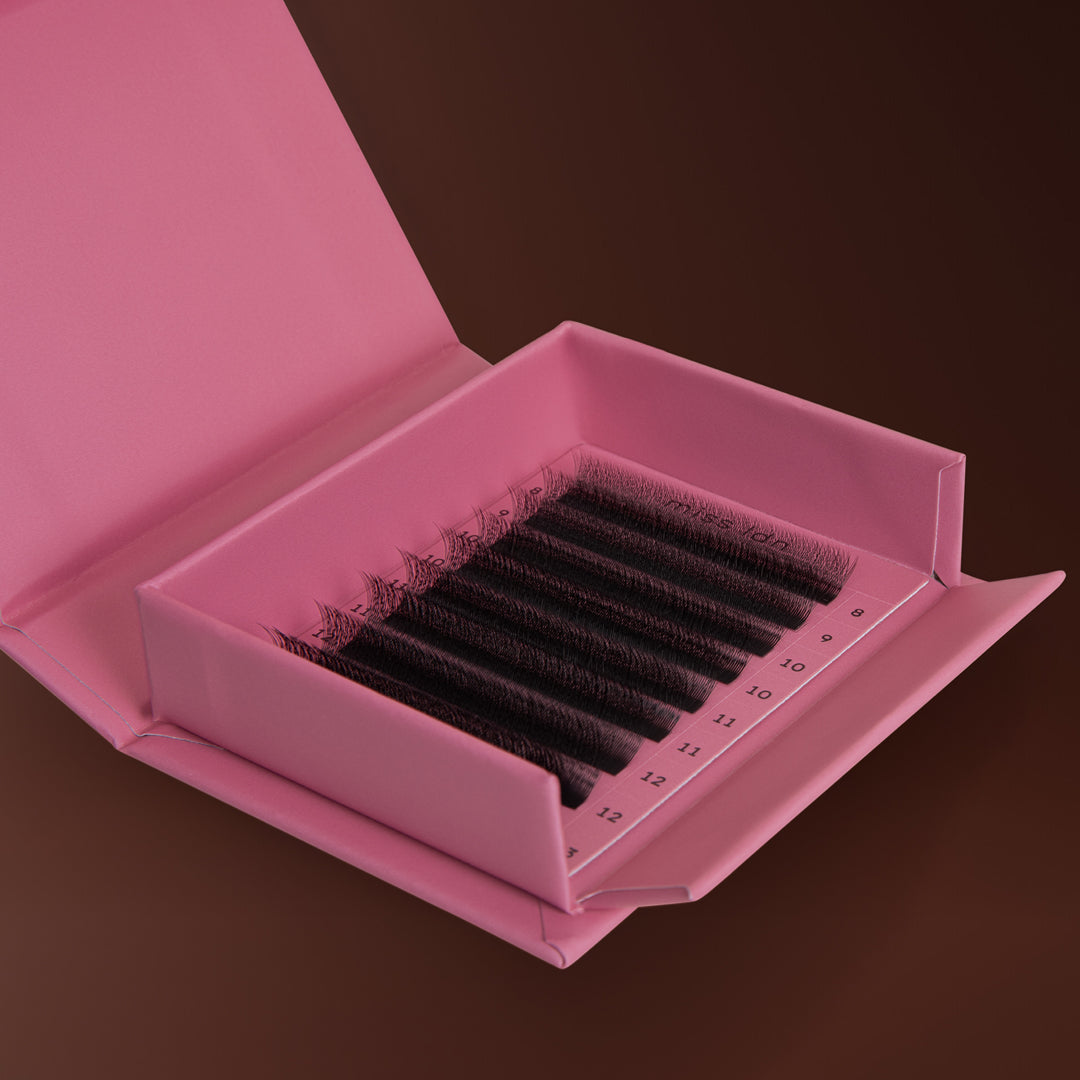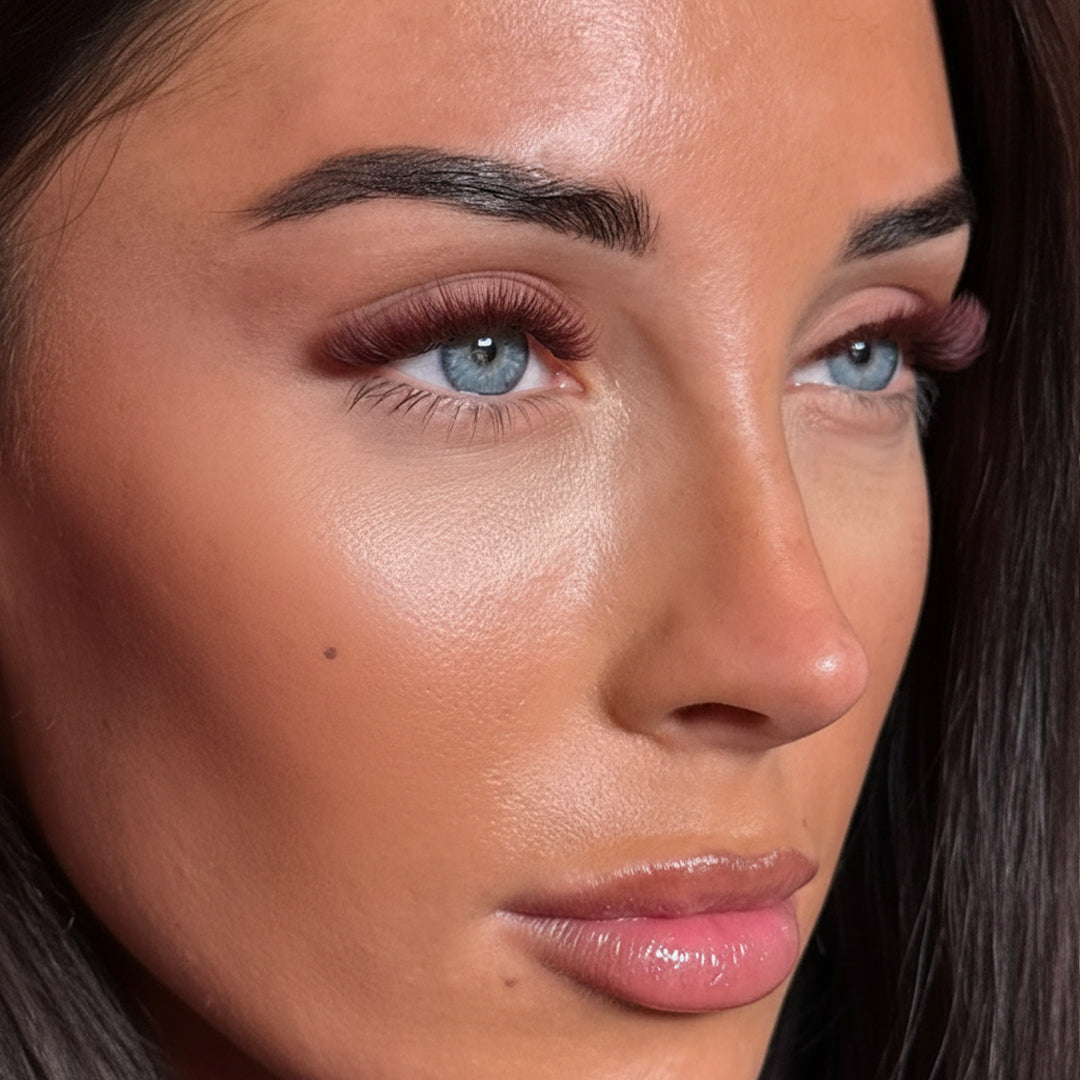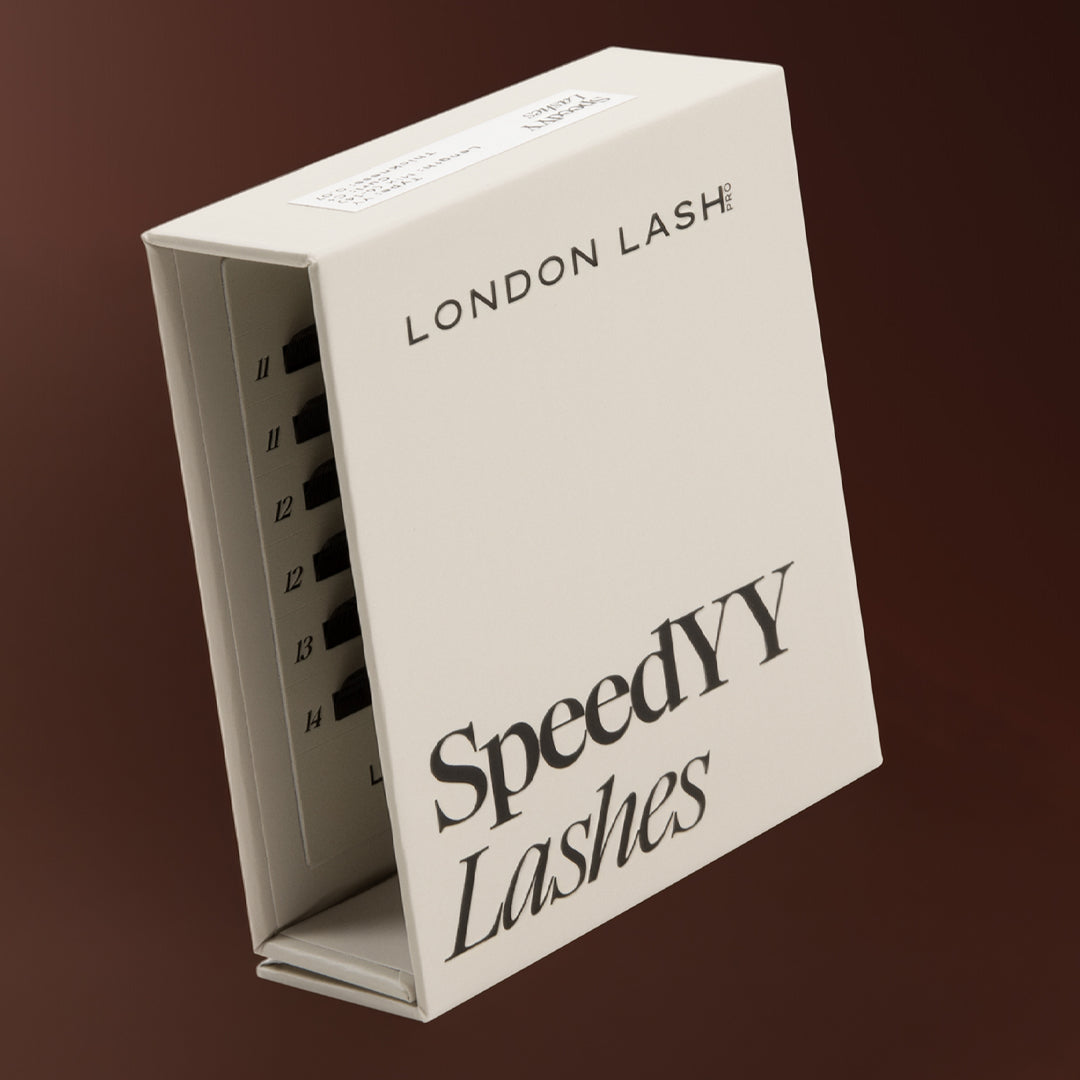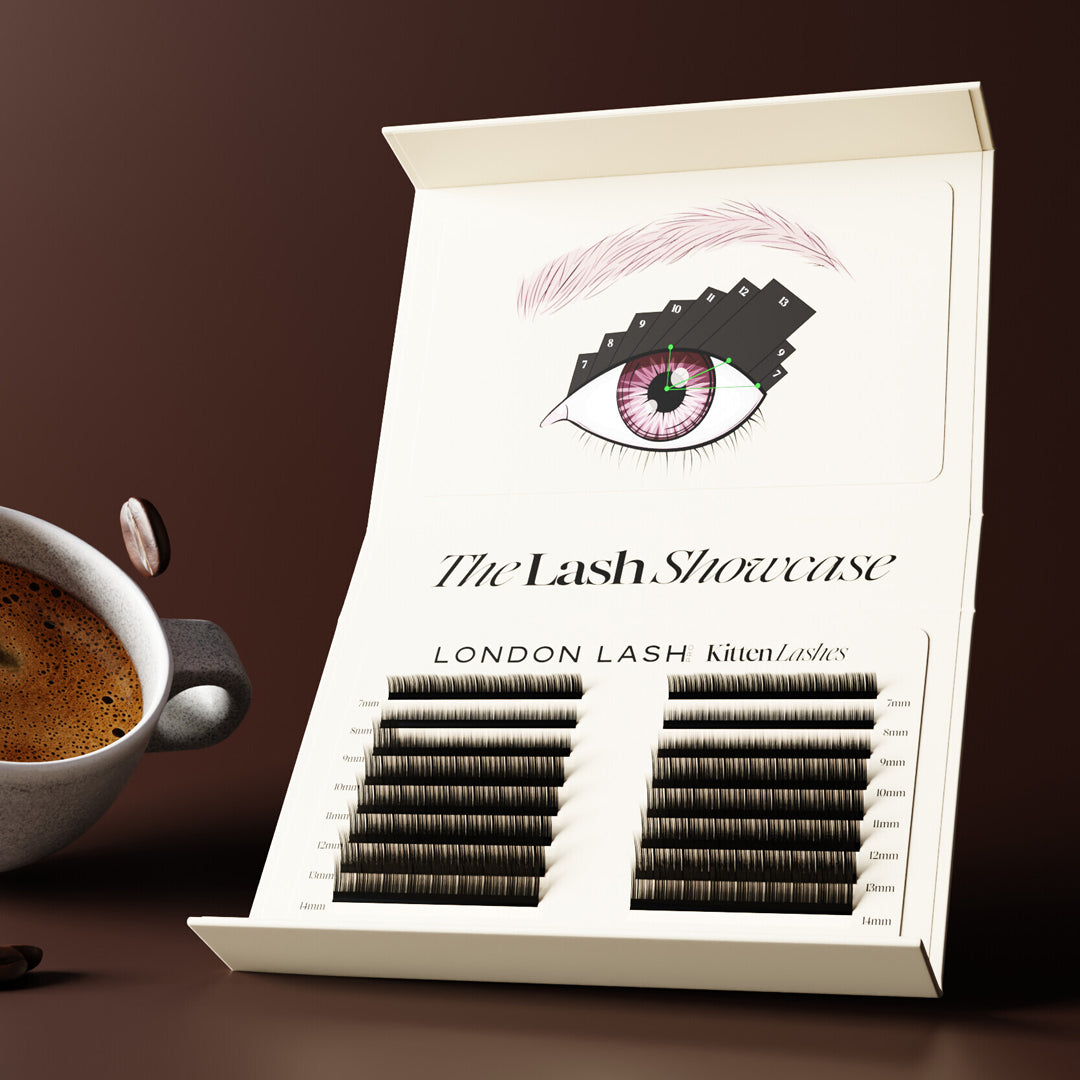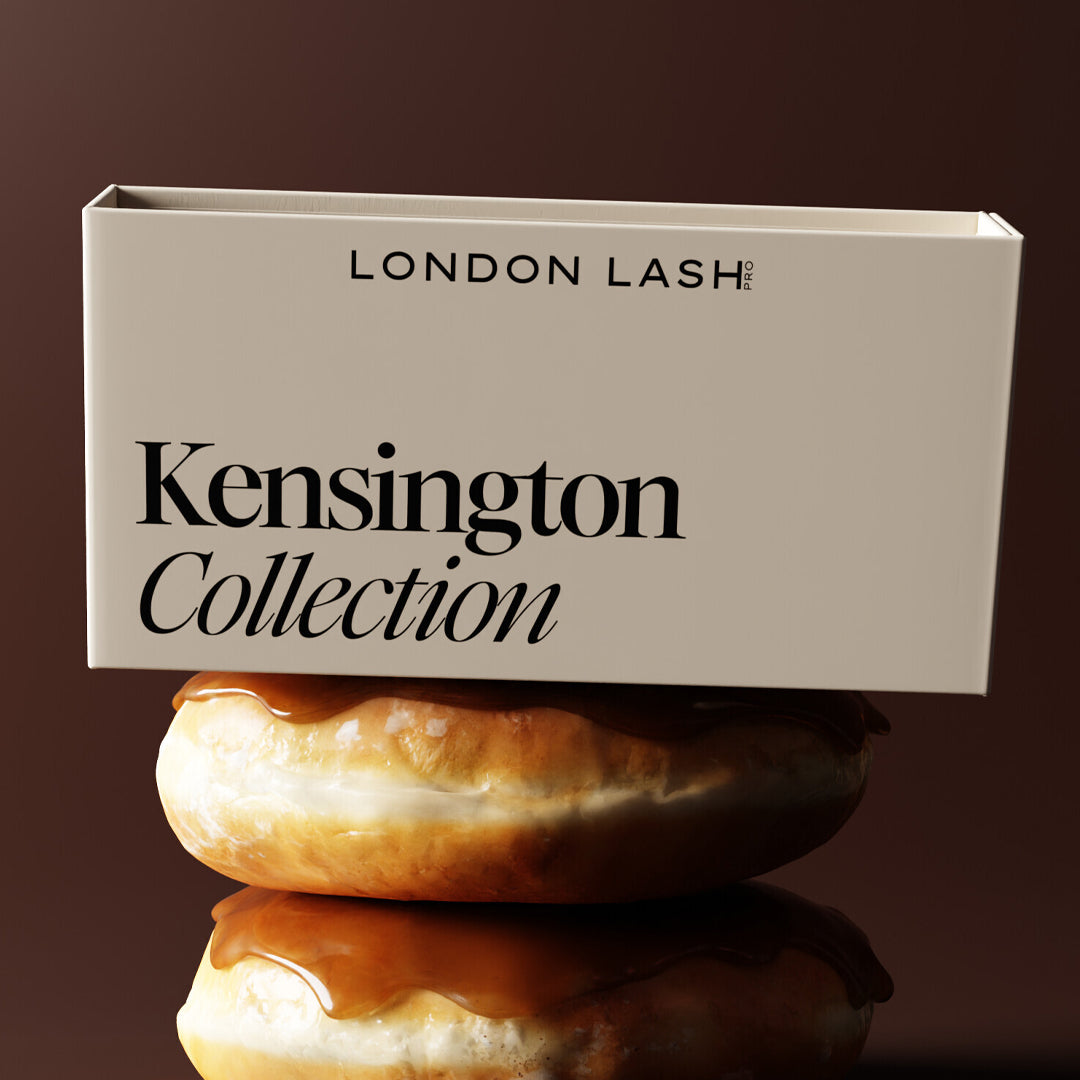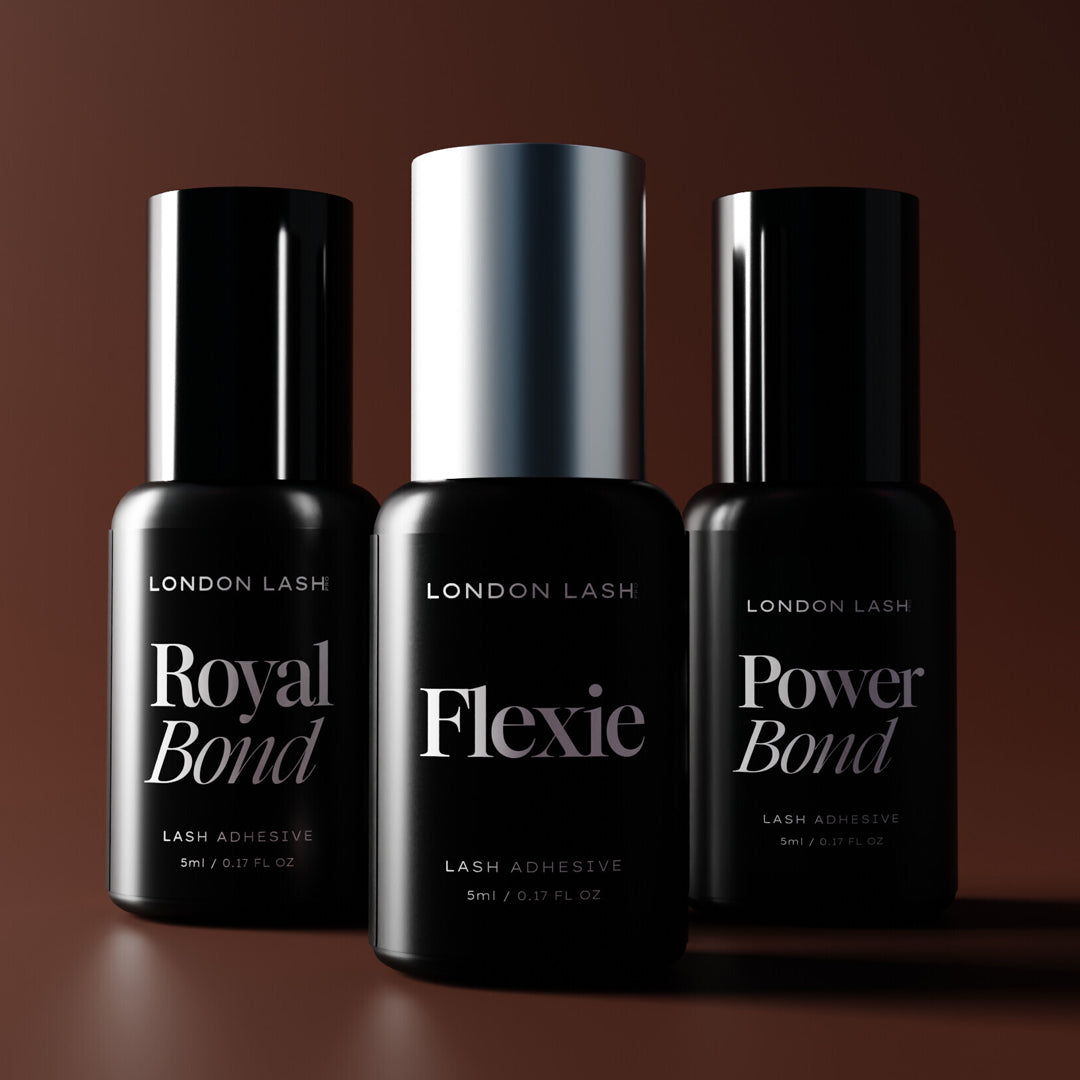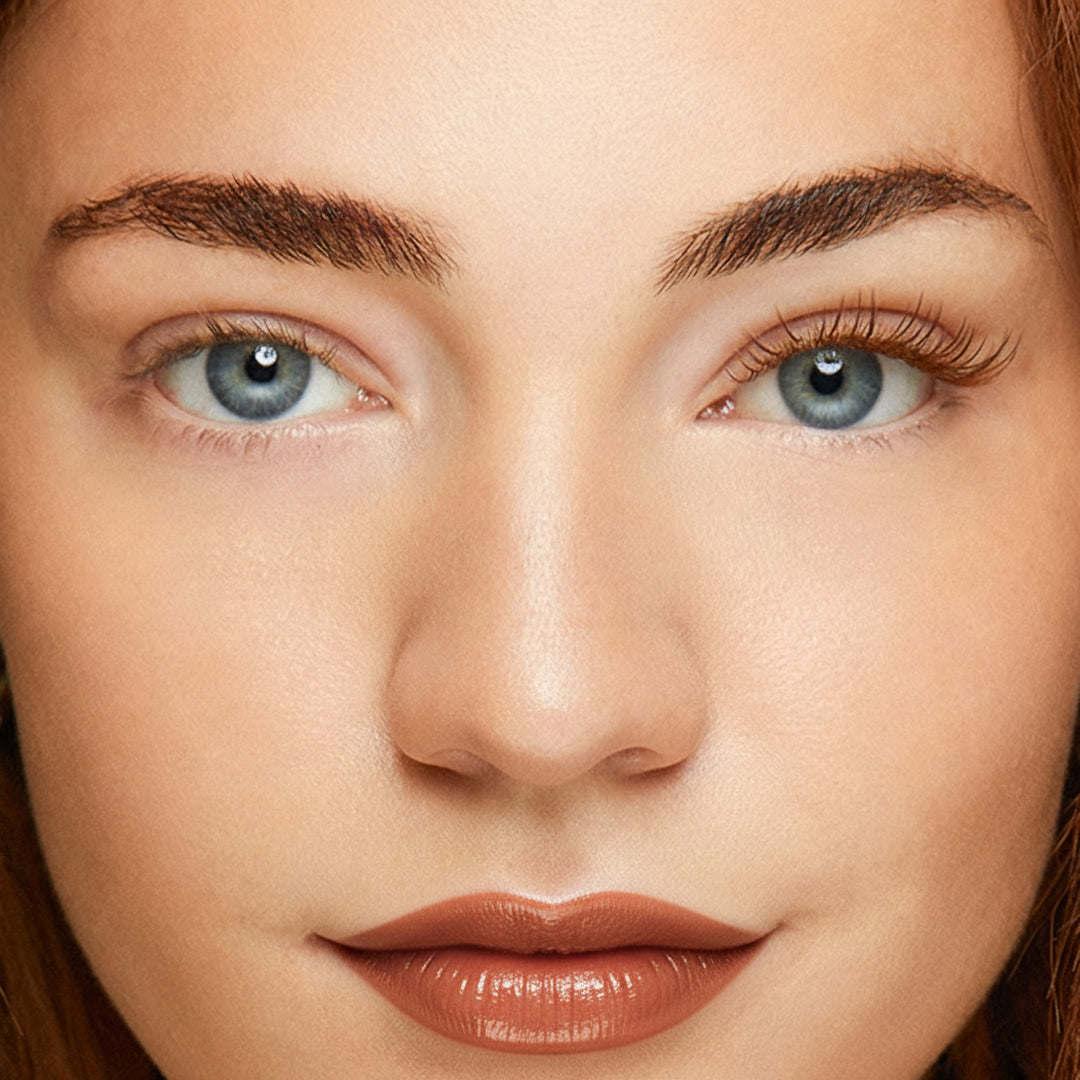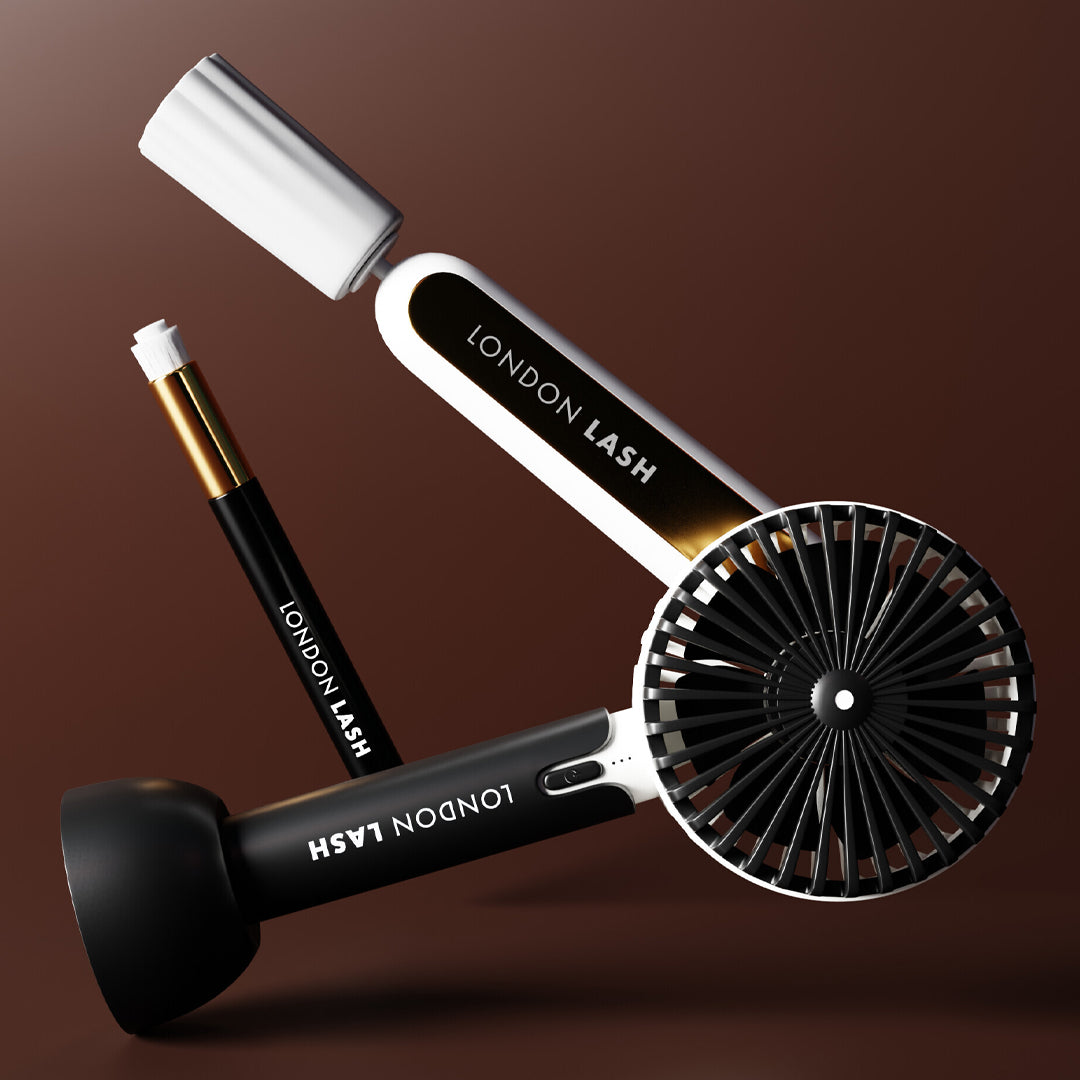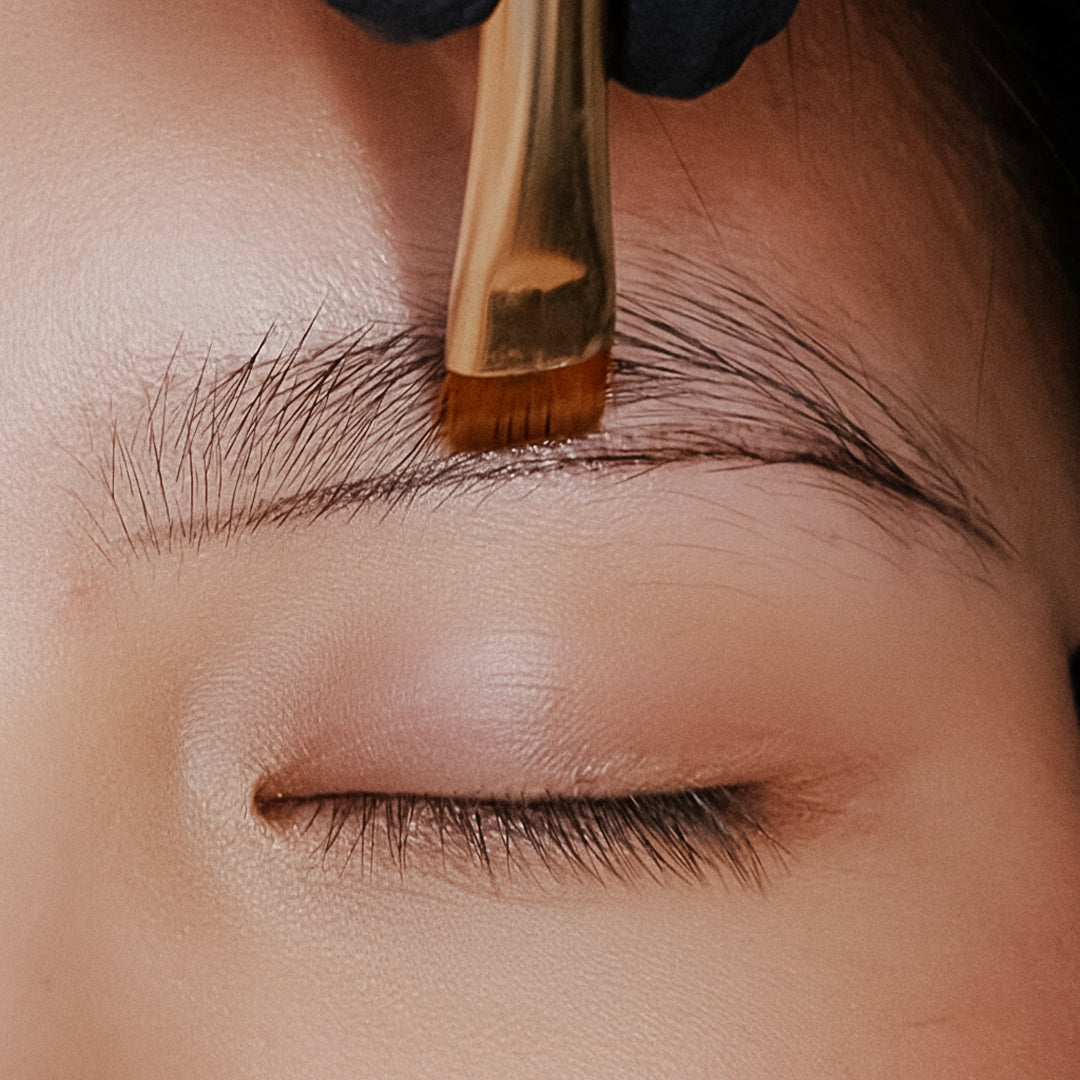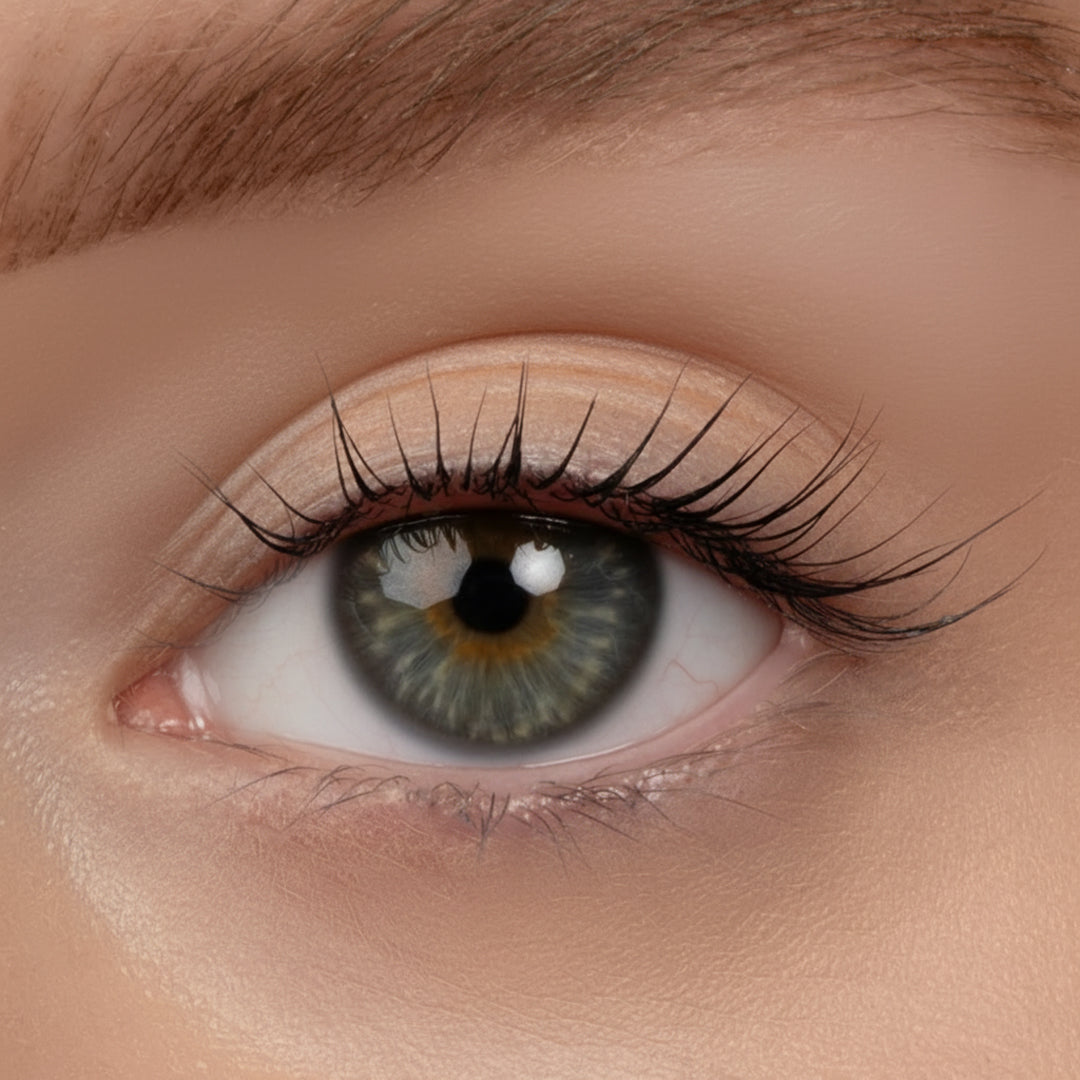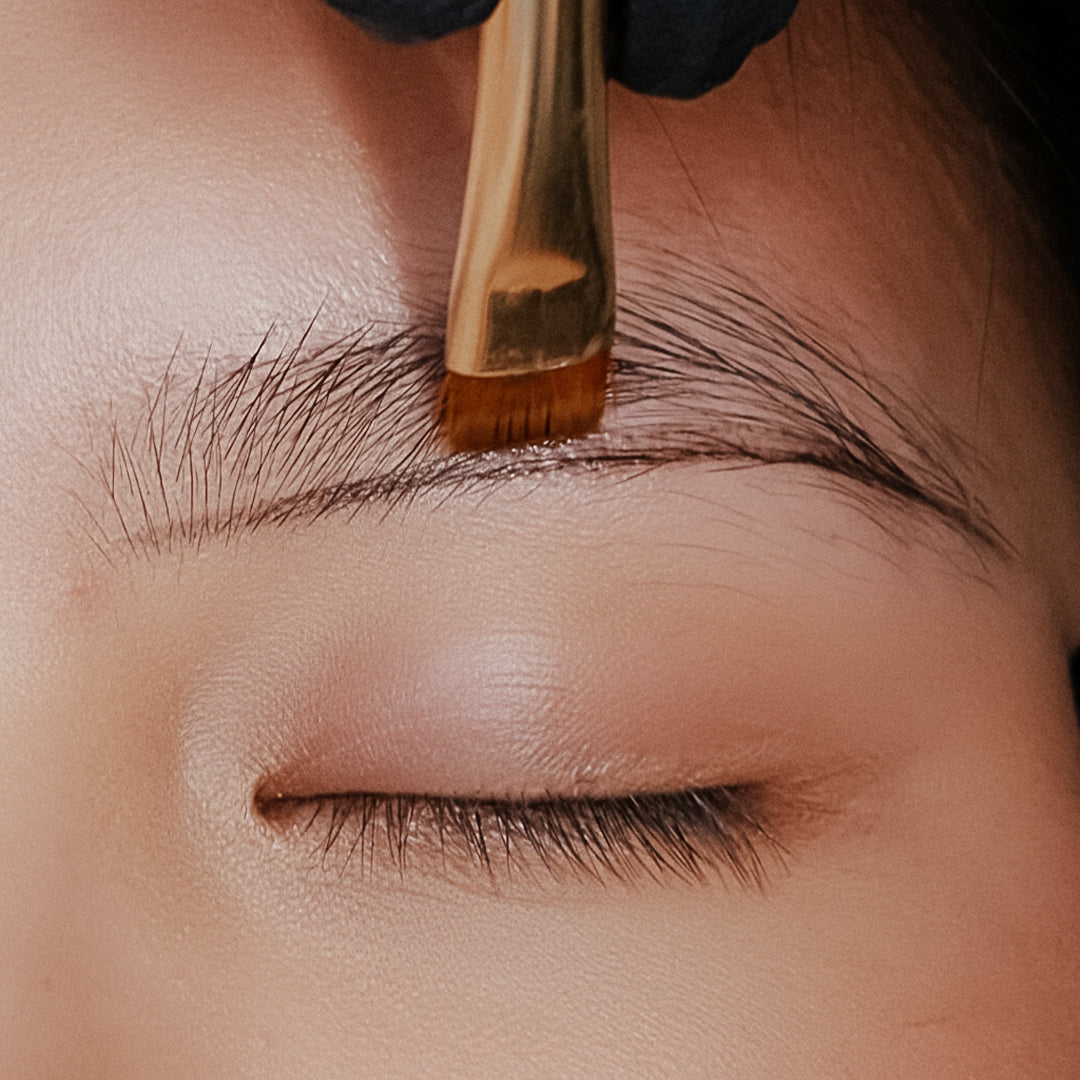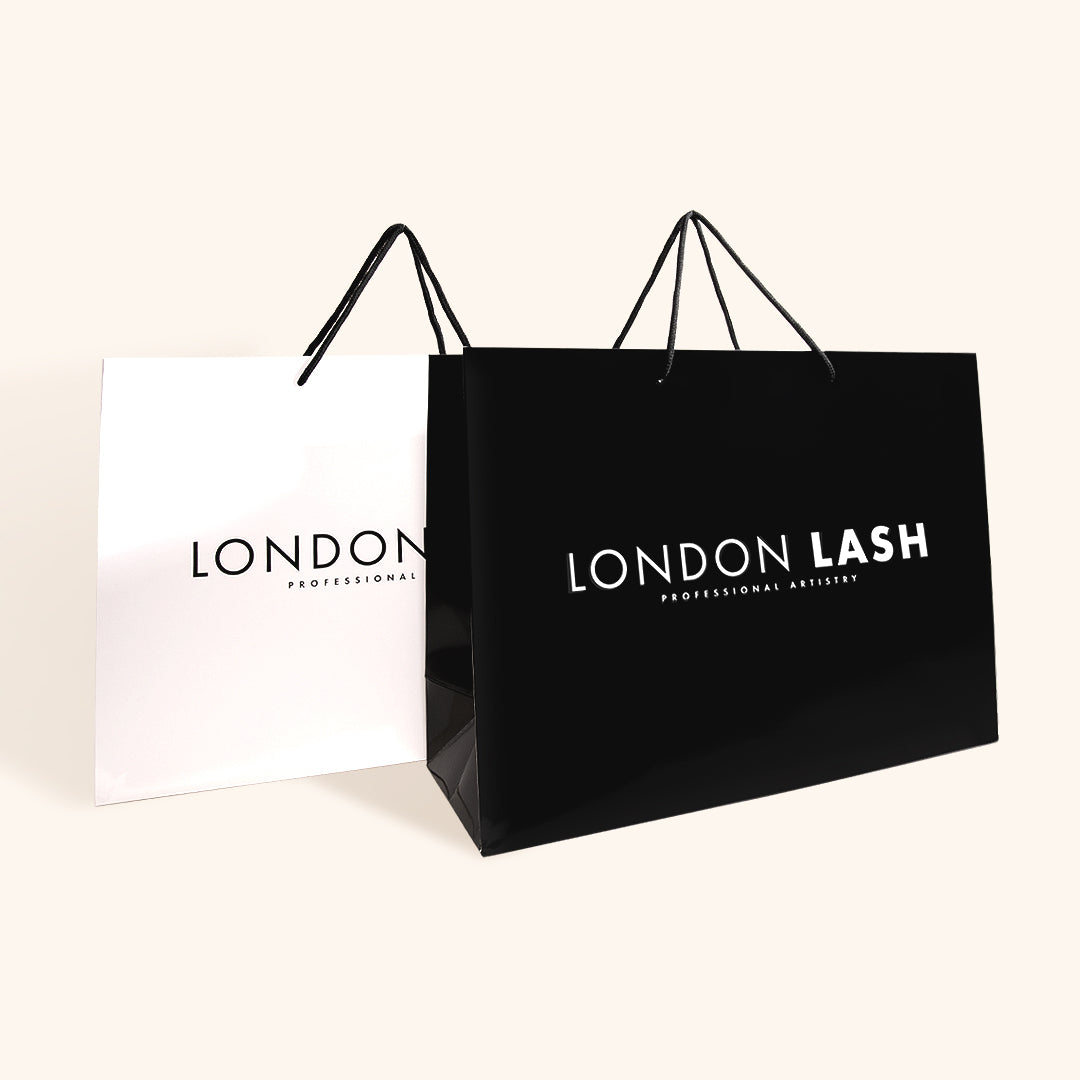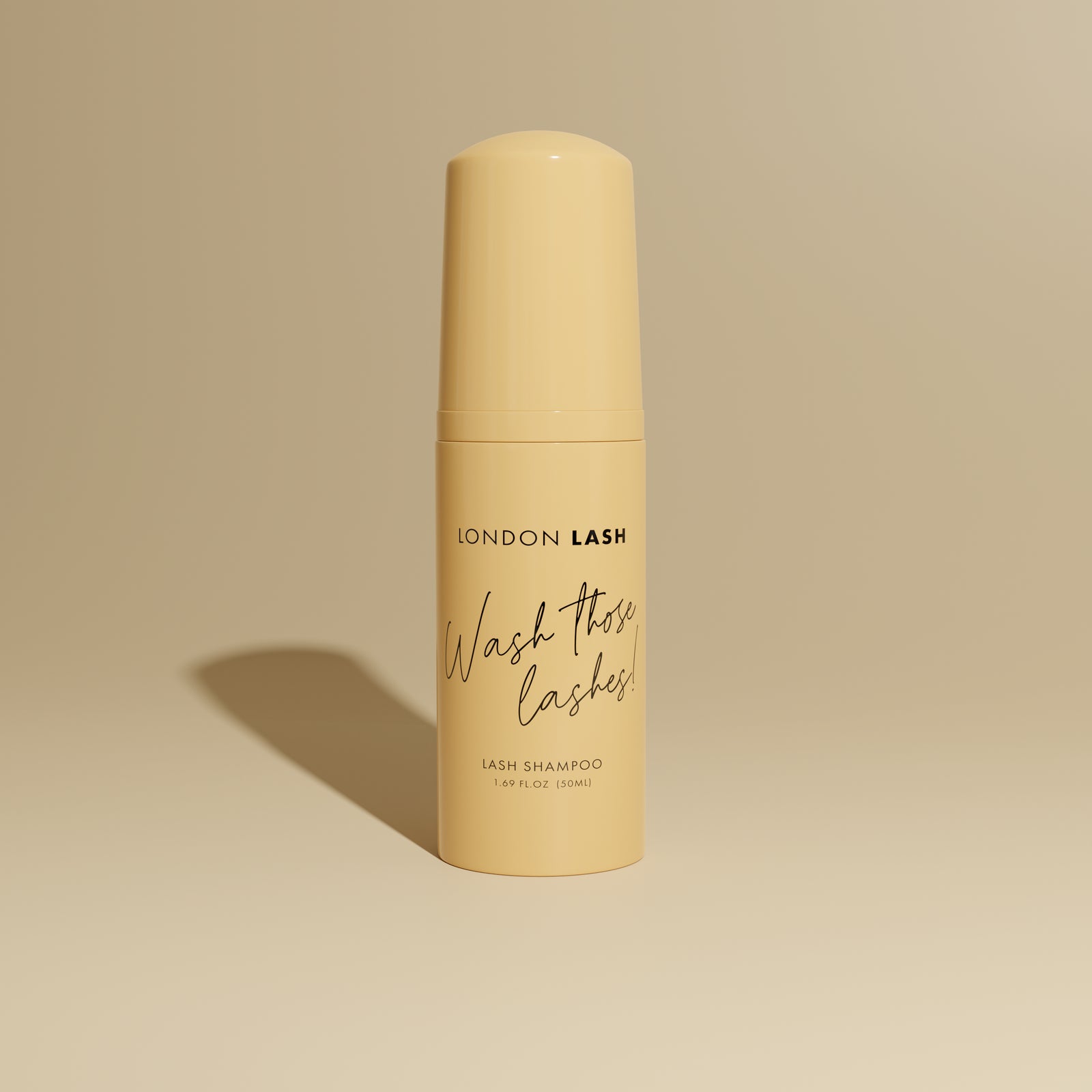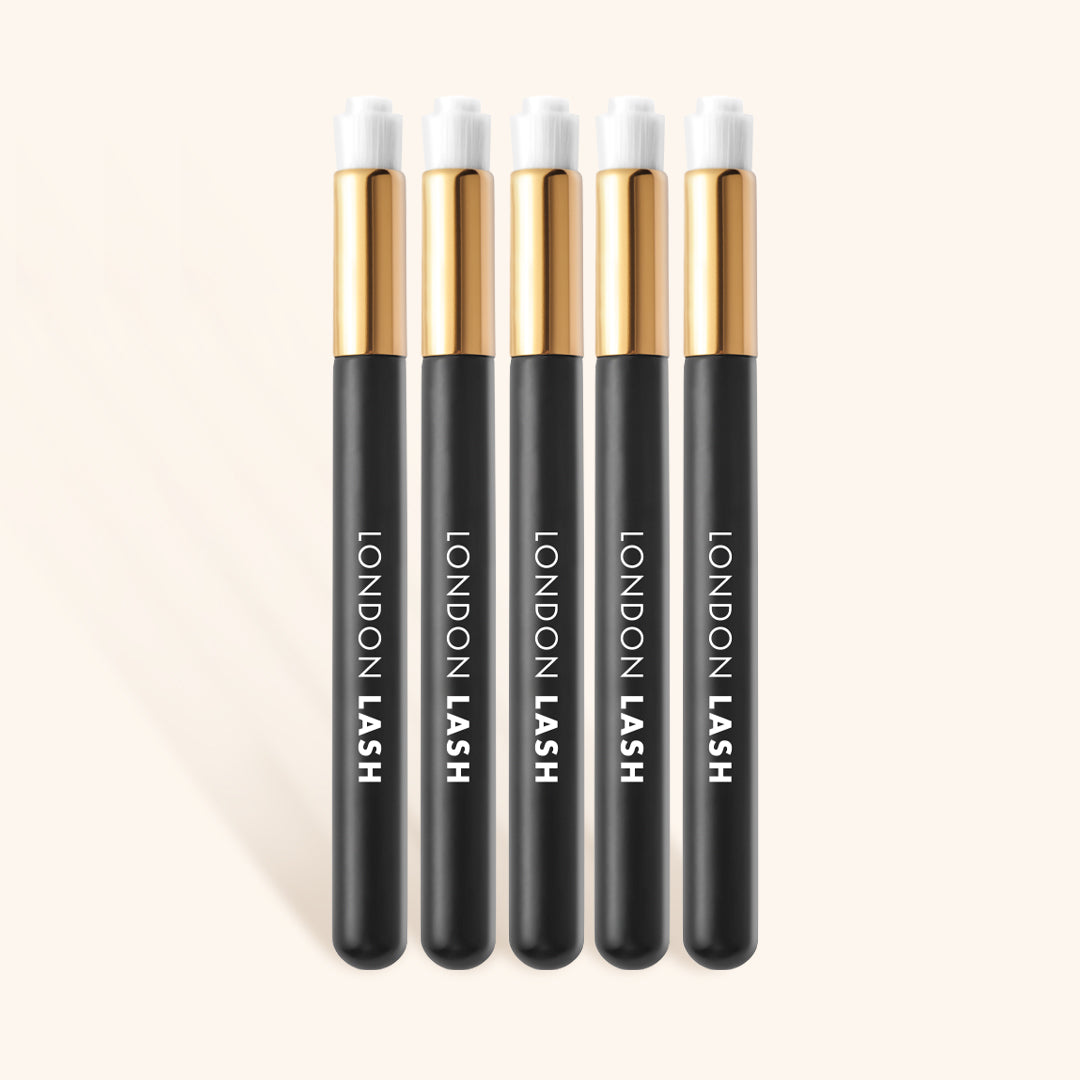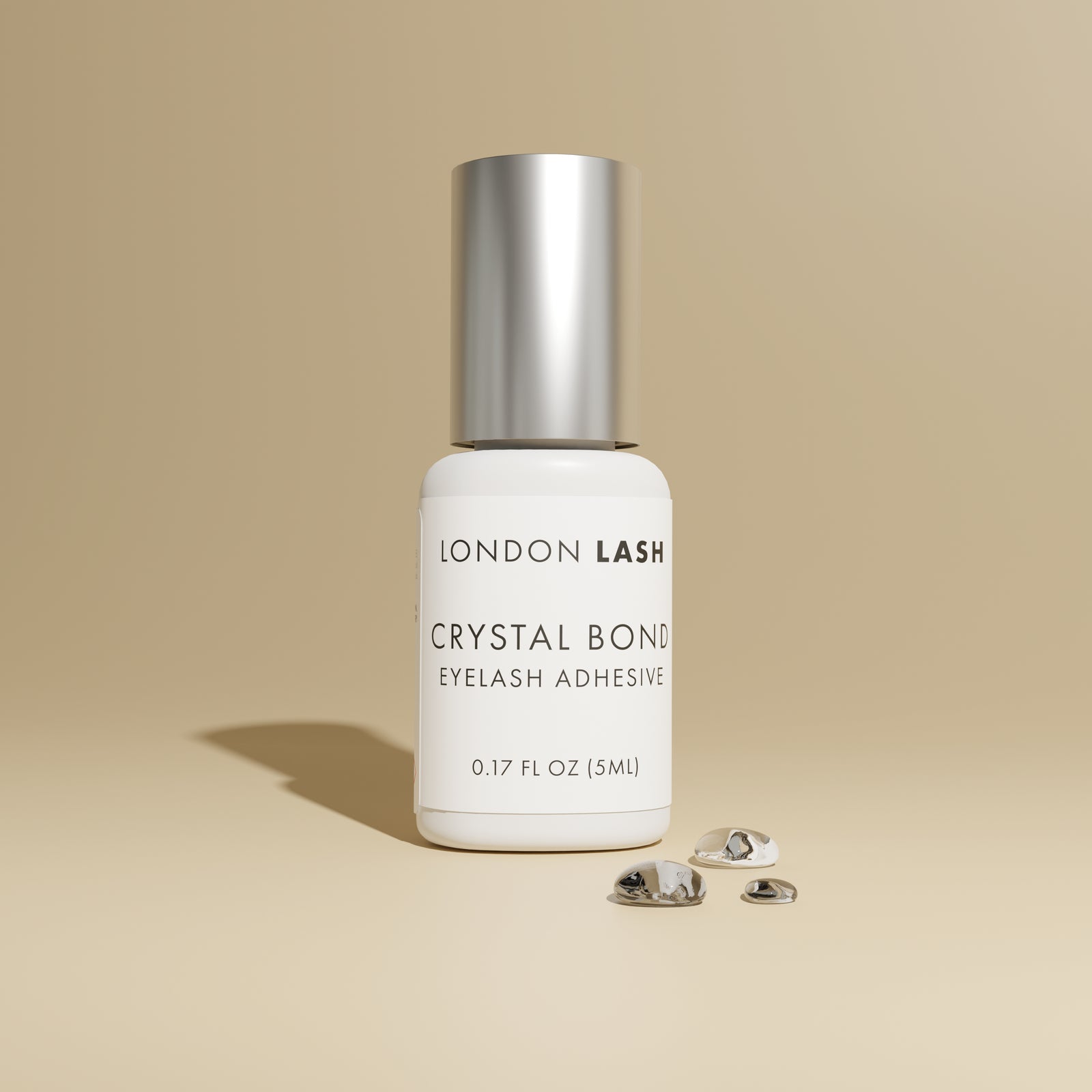Glues & Liquids
Eyelash Extensions
ACCESSORIES
So Henna
EYEBROWS
ONLINE TRAINING
Save up to 70% Off
Understanding Contraindications: When NOT to Offer Eyelash Extensions
August 22, 2023 5 min read

Eyelash Extensions and Contraindications
The world of eyelash extensions is glamorous, transformative, and beautifying. Those long, fluttery lashes can make anyone's eyes pop and command attention, but like with any beauty procedure, there are certain situations and conditions, aka 'Contraindications,' where applying eyelash extensions might not be suitable, or even safe. Whether you're a seasoned Lash Technician or new to the lash game, it's essential to have a firm grasp on these contraindications so you can provide a safe service and know where your insurance won’t cover you should you take the risk knowing the potential outcome. Let’s dive in.

Contraindications
Contraindications are simply reasons and conditions that should indicate the client is not suitable for eyelash extensions, whether that be for the moment, or for life. These contraindications may come to light during the client consultation, after a patch test or even after the treatment. So what are some contraindications?
Allergies and Sensitivities: Always start with a client consultation. Some clients may be allergic or sensitive to the fumes in the Lash Glue such as the ingredient cyanoacrylate or even the carbon black pigment. This can lead to itchiness, redness, and swelling. It’s always a good idea to perform a patch test, especially if the client is getting extensions for the first time or reports a history of skin sensitivities, though you should always keep in mind that a negative patch test is not always indicative of someone not being allergic to the glue in the long run. You can read about patch testing for eyelash extensions here. If your client is allergic to the black pigment in standard eyelash adhesives, you can use the clear lash glue Crystal Bond instead.
Chronic Dry Eye or Eczema: People with chronic dry eye or other skin conditions may experience discomfort from lash extensions. The eyelash extensions might exacerbate the condition, causing further irritation. While this does not sound serious, people with dry eyes may feel constant irritation and itchiness which in turn can cause them to rub their eyes excessively. Furthermore, lash extensions treatments last a long time and they may be in discomfort leading them to keep opening their eyes during the treatment.
Blepharitis: This is a condition where the edges of the eyelids become inflamed, often leading to itchy, red eyelids with dandruff-like scales. Applying extensions to someone with active blepharitis can exacerbate the condition. Usually blepharitis can last for around six weeks, so it is a good idea for the client to wait for it to clear up. As Lash Techs, we’re not able to give our clients medical advice, so it is a good idea to suggest that your client use Lash Shampoo and cleans their lashes daily, but also make sure your client has consulted with a medical professional before you consider doing their lashes again.
Conjunctivitis (Pink Eye): Clients with active conjunctivitis should not receive eyelash extensions. Not only will the process be uncomfortable, but there's also the risk of passing the infection on to yourself or others. This condition can be very uncomfortable and in some cases causes the eye to produce excess tears and even discharge, which when hardening around the lashes becomes incredibly difficult for the client to open their eyes.
Recent Eye Surgery or Injury: If someone has recently undergone eye surgery or had an eye injury, they should consult their ophthalmologist before getting eyelash extensions. Healing tissue needs time, and the extension application process may cause unnecessary strain or complications. It’s always the best idea to advise clients to wait for a full recovery before getting lash extensions.
Alopecia or Chemotherapy: Lash extensions need natural lashes to cling to. Clients with conditions such as alopecia, or those who have lost lashes due to chemotherapy, may not have enough natural lashes for a successful extension application. While this is of course unfortunate, you never want to stick eyelash adhesive to the client’s skin on their eyelid.
Trichotillomania: This is a condition where a person has an irresistible urge to pull out their natural hair, including eyelashes. Clients with trichotillomania might not be suitable candidates for lash extensions, as they might be tempted to pull them out, causing potential harm to their natural lashes. Pulling out healthy lashes during their natural growth cycle can stunt future lash growth leaving gaps in the client’s lash line.
Certain Medications: Some medications can impact the natural lash growth cycle or make lashes more brittle. If a client reports taking any medications, especially ones affecting hair growth, it's worth discussing potential implications for lash extensions. As a Lash Artist you are not a medical professional so make sure you are aware if clients are taking any medications which may lead to contraindications and always discuss the implications of lash extensions.
Pregnancy: Most insurers will not cover you to perform lash extensions on pregnant clients and that is completely understandable. Hormonal changes may affect the natural growth cycle of the client’s lashes and therefore the extensions may not last as long as the client expects. This is not a risk you want to take even if the client tells you they’ve had lash extensions in the past while pregnant. After all, this is a long procedure and chemicals and fumes will be present during the treatment.

Practical Tips for Lash Technicians:
- Consult First: Always start with a thorough consultation. Understanding your client's health, lifestyle, and any past reactions is essential in determining if lash extensions are right for them. Ask if they take any medications and if those medications cause any side effects which would lead to a contraindication. Never consult or advise as a medical professional.
- Educate Clients: It's not just about making clients' eyes pop. It's about ensuring their safety and comfort. Educate them on the potential risks and benefits, so they make informed decisions. Ultimately, if you know the risk outweighs the benefits, the final decision is on you and you alone. Never risk your insurance and business if you know a client is not suitable for a lash set.
- Stay Updated: Like all areas of beauty and health, the world of eyelash extensions is always evolving. Stay updated with the latest research, products, and techniques to ensure you're providing the best and safest service. There was once a time when companies advised ‘Sensitive Lash Glue’ as an alternative for clients with allergies or sensitivities. We say this is still a big ‘NO’. Sensitive glues still contain fumes from cyanoacrylate, which is the culprit for reactions – these so-called sensitive eyelash glues also take longer to cure due to the lower concentration of cyanoacrylate, which leads to the fumes hanging around for longer than they do with fast-drying lash glues.
- Quality Matters: Always use high-quality products from reputable sources. This isn't an area to skimp on or look for cheaper alternatives. Remember, you're dealing with a delicate area around the client’s eyes, and the right products can make a world of difference. At London Lash we strive for high quality Pretreatment and Lash Glues, and hypoallergenic Lash Extensions. Read our in depth Blog Posts on some of our products to learn why we know they’re some of the best.
- Trust Your Knowledge: If something feels off or if you're unsure about proceeding with a client, it's okay to decline the service. Sometimes it's better to be safe than sorry.

In conclusion, while eyelash extensions can offer a stunning transformation, they're not suitable for everyone. As Lash Technicians, your job isn't just about beautifying; it's about ensuring your clients' well-being. By understanding and respecting contraindications, you uphold the highest standards of your profession and foster trust with your clients.
Check out these featured products
Subscribe
Sign up to get the latest on sales, new releases and more …

